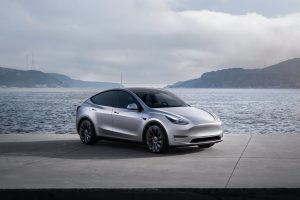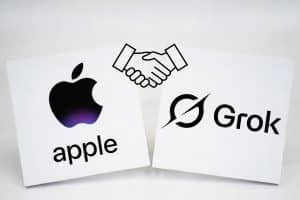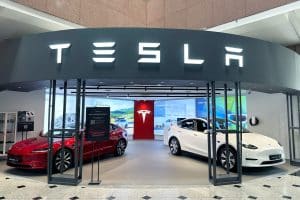Among the more notable criticisms towards Elon Musk as of late involves his ardent stance about free speech on platforms such as Twitter. As per the CEO’s critics, Musk does not seem to be bothered by free speech restrictions at all since Tesla operates a significant portion of its business in China, which is known for its stringent censorship policies.
When he attended the Qatar Economic Forum as a virtual guest, Musk was asked by Bloomberg Editor-In-Chief John Micklethwait if he believed his stance on freedom of speech and his purchase of Twitter — a platform that could be a place of free speech — could potentially get him in trouble with China. Musk noted that he doesn’t think this would be the case.
“Well, Twitter does not operate in China. And I think China does not attempt to interfere with the free speech of the press in the US, as far as I know. Because I assume you’re not under pressure at Bloomberg from China. I don’t think this is going to be an issue,” Musk said.
The Tesla CEO shared some of his ambitious goals for Twitter. Previous reports have hinted that Musk would like Twitter to become a multi-service app similar to China’s WeChat. In his comments at the Qatar Economic Forum, Musk noted that he would like to get about 80% of North America or about 50% of the world on Twitter.
“Ideally, I’d like to get like 80% of North America and perhaps half the world or something ultimately on Twitter in one form or another. And that means it must be something that is appealing to people. It obviously cannot be a place where they feel uncomfortable or harassed, or they’ll simply not use it,” Musk said.
Musk further discussed some specifics about his free speech stance on Twitter. Critics of the CEO have complained recently that Musk does not seem to be a true advocate of free speech since he still blocks people on the social media platform, and his company, SpaceX, also terminated several employees who wrote a critical open letter. Musk explained that there is a difference between “freedom of speech” and “freedom of reach.”
“I think there’s this big difference between freedom of speech and freedom of reach in that one can, obviously, let’s say in the United States go in the middle of Times Square and pretty much yell anything you want. You’ll annoy the people around you, but you’re kind of allowed to just sort of yell whatever you want in a crowded public place, more or less, apart from “this is robbery” — probably that would get you in trouble.
“So but then whatever you say, however controversial, does not need to then be broadcast to the whole country. So I think generally the approach of Twitter should be to let people say what they want to do within the bounds of the law, but then limit who sees that based on any given Twitter user’s preferences. So if your preferences are to see anything, or read anything, then well, you’ll get that.
“But if your preferences are well, you prefer not to see comments that you find offensive in one form or another, then you can have that as a setting and not see it. But I think one way or another, one needs to take the steps that entice most people to want to be on Twitter, and enjoy it and find it informative and entertaining and funny and useful — as useful as possible,” Musk said.





